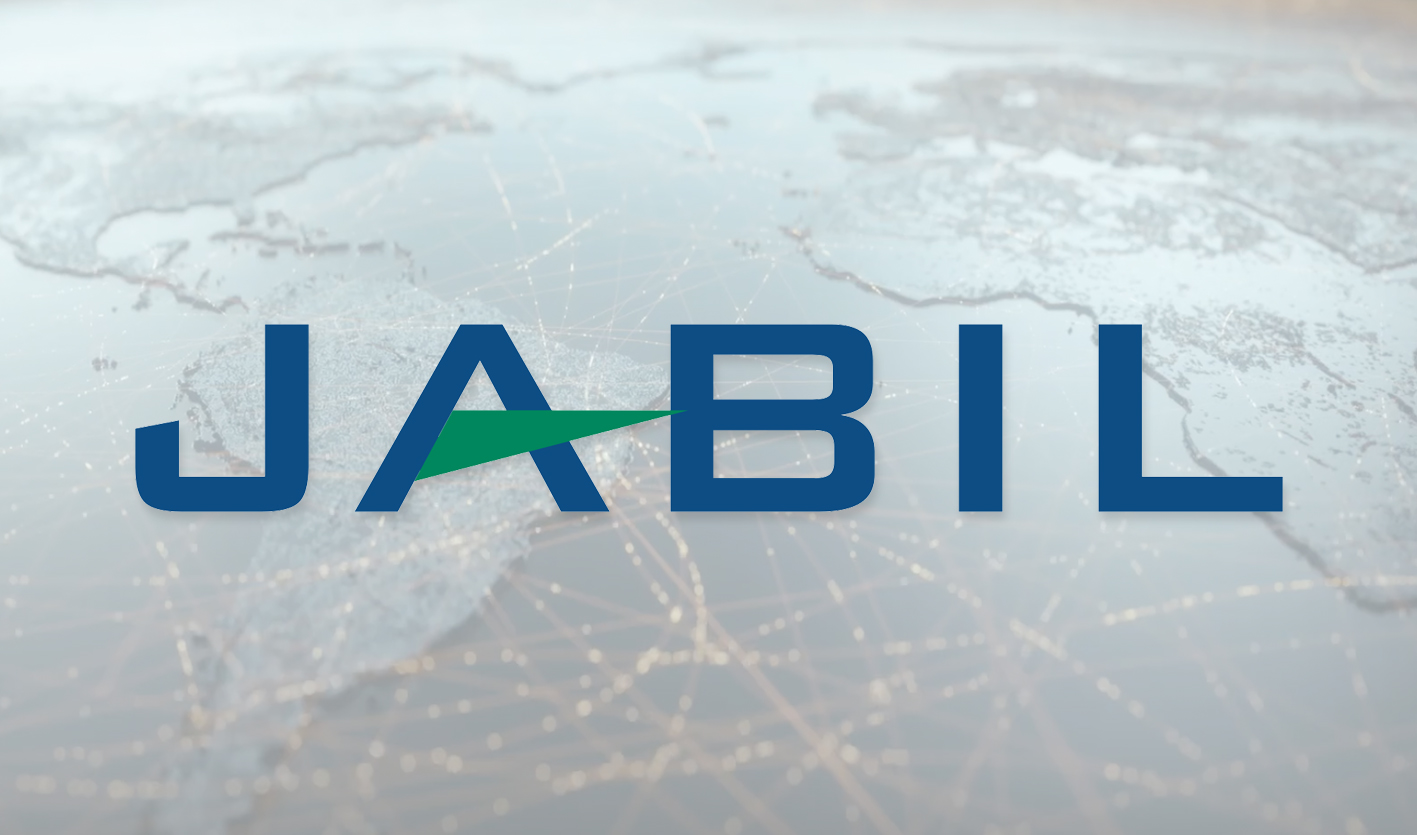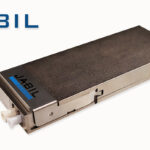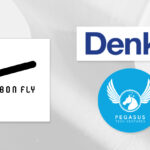ASIA ELECTRONICS INDUSTRYYOUR WINDOW TO SMART MANUFACTURING
Jabil to Boost Photonics Line in New Investment
Jabil Inc. has announced its continued investment in silicon photonics-based products and capabilities. Primarily, it aims to support the increasing demands of hyperscalers and next-wave cloud and AI data center growth. Along this line, Jabil will roll out additional capabilities at its Ottawa, Canada site in the fourth quarter of CY2024. Primarily, it aims to support customers’ advanced photonics packaging new product introductions (NPIs).

Specifically, the NPI line will feature innovative capabilities designed to assist photonics customers quickly scale from proof of concept to mass production. Among them include fluxless flip-chip, fiber attachment, precise die bonding, and wire bonding. Primarily, these advancements will support silicon photonics chip packaging; particularly, in high-speed connectivity applications such as co-packaged optics (CPO) and high-speed on-board connections. Also, by leveraging Jabil’s expertise, customers can benefit from enhanced performance and reliability in their photonics solutions. Ultimately, they can drive agility and scalability in their operations.
“The expansion of our Ottawa site is a game-changer for Jabil. This facility will enable us to meet the growing demands for advanced photonics solutions tailored to AI and next-generation data centers. Through our NPI capabilities, we can assist customers in their own product development journeys, significantly reducing the need for costly trial and error in developing their own solutions from scratch,” said Matt Crowley, Executive Vice President, Global Business Units.
Continued Investments in Photonics
Primarily, Jabil continues to pioneer industry-first “silicon to solutions” manufacturing approaches that improve the scalability of current and next-generation photonics, including 800G and 1.6T. Moreover, the company also continues to make investments in next-generation silicon photonic technologies beyond 800G and 1.6T. This aims to support AI and cloud computing. Mainly, it focused on optimized performance and reduced power consumption for modern data centers.
-24 September 2024-




